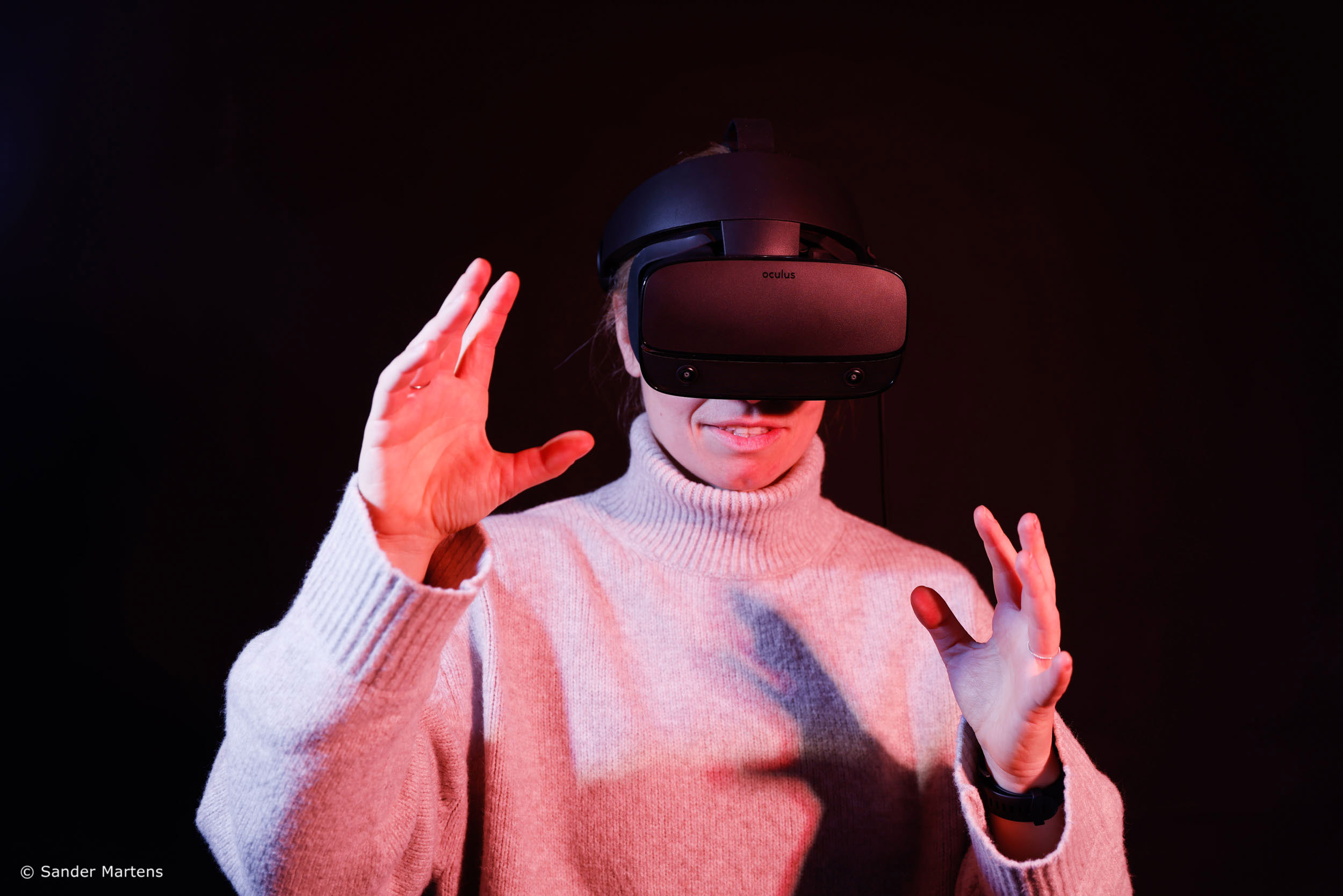VR psycho-education for depression
People with a depressive disorder feel alone and misunderstood by their environment. They often experience feelings of self-stigma; a negative image of themselves because they have depression. It can also be difficult for loved ones, they often do not know how to deal with depression with their partner, family member or friend. A good explanation about depression and what impact it has, also called psycho-education, is very important in depression treatment.

The VR experience video
Together with clients and practitioners we have developed a VR depression experience video. This gives you an idea of how someone with a depressive disorder and his loved ones experience a day. With VR, participants can look around 360° and hear the thoughts of the person in the video aloud. You are taken into the day of a woman with depression, where they experience, among other things, how much difficulty the woman has to start the day, to eat something and to commit to something at all. That same day you can also experience from the perspective of the partner of the woman with the depression, where one hears, among other things, how powerless he feels to help her.
The research
We are investigating the effect of this experience video at GGZ Delfland, together with the Amsterdam UMC and UMCG. We started with an RCT, in which standard psycho-education is compared with psycho-education with the VR experience video. Clients can participate together with a loved one. In clients, the degree of self-stigma, loneliness, perceived social support and depressive symptoms is measured before and after the psychoeducation session. Quality of life and the perceived burden of care for the depressed person are measured for relatives. If the experience video proves to be of added value, more variants of the videos can be developed, e.g. the interaction between a child with depression and a parent, the interaction between two friends, one of whom has depression, etc., and can it be added to psychoeducation for depression.
Researchers
GGZ Delfland: Nancy Kramer Freher, PhD candidate; Martine van Bennekom, Anika Bexkens
Amsterdam UMC: Claudi Bockting
UMCG: Wim Veling



